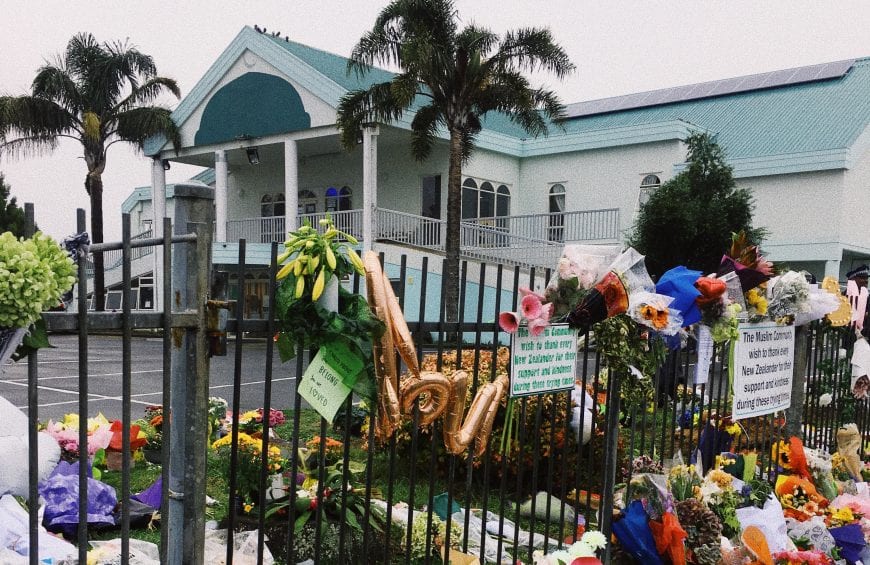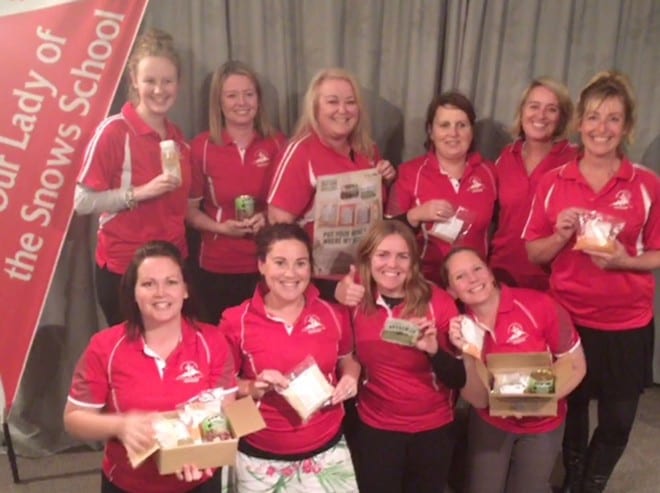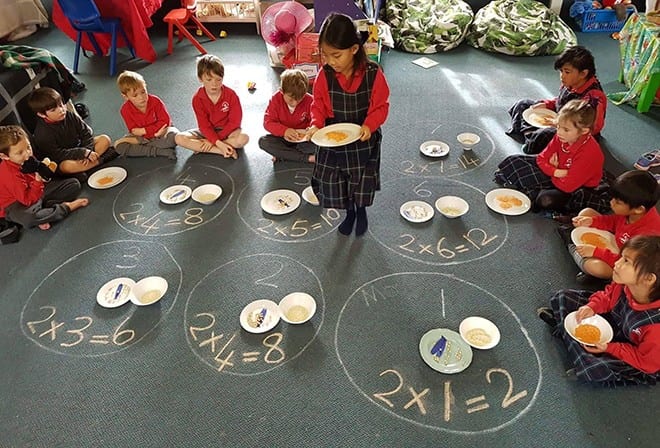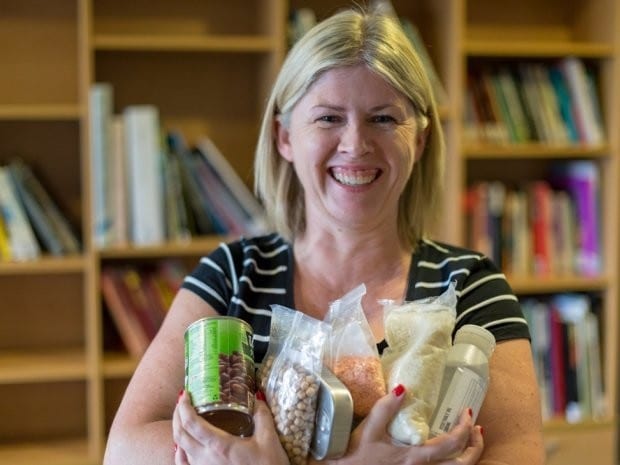The community shows support and solidarity at Masjid e Umar in Auckland. Photo/Oxfam NZ
The New Zealand we believe in is one where the hopes of refugees and migrants arriving in any New Zealand community are realised with welcome and safety.
It’s one where our Muslim whānau who have long been part of Aotearoa New Zealand would remain safe.
Above all, safety at prayer.
Let Friday be one of our darkest days, but one that we vow never to let happen again.
Let’s not give extremists the power to change who we are for the worse – let this be a chance for us to grow stronger, more committed to what is important to us, and to create every single day the communities that we want to live in.
Among our Muslim whānau are families that have come to New Zealand seeking safety, seeking shelter from persecution and conflict.
One family at a time, our volunteers and staff have been learning the stories of escape, and of hope for peace sought by people reaching New Zealand.
The New Zealand chapter of these stories was about neighbours helping neighbours by showing warmth and welcome as, one family at a time, our new whānau were beginning to rebuild their lives. We must continue.
We share faith that in standing together with love and compassion for our neighbours we will defeat hate. We know we must.
We stand for a community and a nation where freedom, justice, hope and love are not negotiable values, but at the heart of who we are.
Together, we make New Zealand what it is: a land of welcome, respect and openness.
This demands each of us make this vision real, and that we challenge injustice wherever we see it.
Kia kaha Christchurch.
A joint letter by the CEOs of New Zealand’s international NGO community:
• Rachael Le Mesurier, CEO Oxfam New Zealand
• Tony Blackett, Executive Director Amnesty International Aotearoa New Zealand
• Julianne Hickey, CEO Caritas New Zealand
• Paul Brown, CEO ChildFund New Zealand
• Murray Sheard, CEO Christian Blind Mission New Zealand
• Pauline McKay, CEO Christian World Services Josie Pagani, CEO Council for International Development
• Jackie Edmond, CEO Family Planning New Zealand
• Claire Szabo, CEO Habitat for Humanity New Zealand
• Katrina Penney, Chair, Médecins Sans Frontières, New Zealand
• Heidi Coetzee, CEO Save the Children New Zealand
• Ian McInnes, CEO Tearfund Vivien Maidaborn, CEO UNICEF New Zealand
• Grant Bayldon, CEO World Vision New Zealand
• Livia Esterhazy, CEO WWF New Zealand









